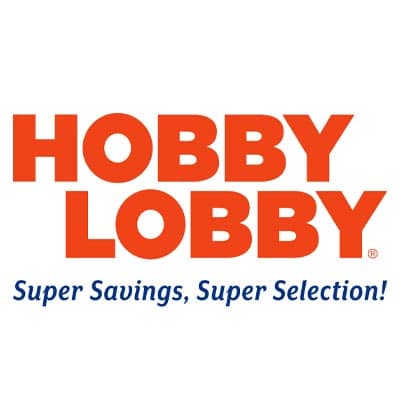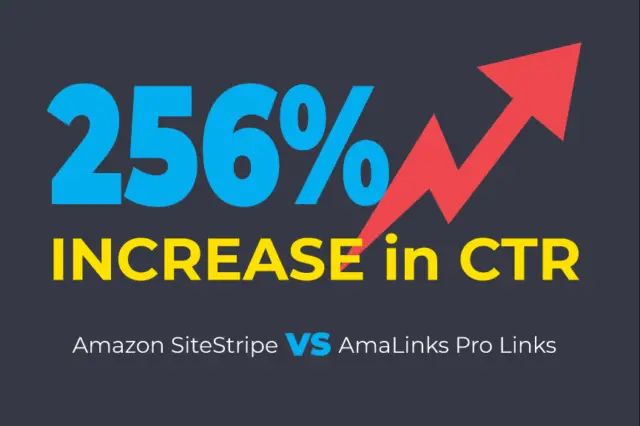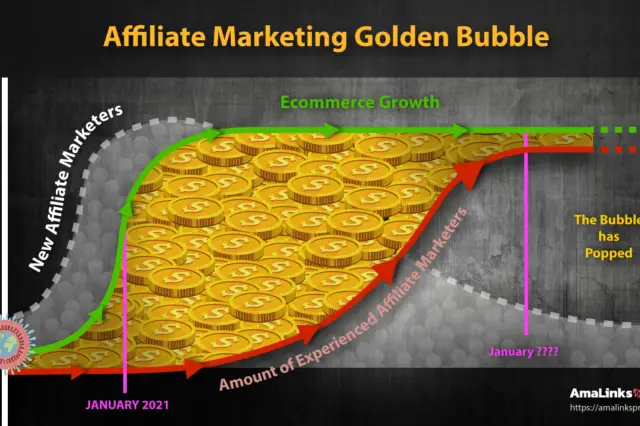
What's Hobby Lobby Affiliate Program? Learn About the Commision Rates and How to Become an Affiliate
Hobby Lobby, an American retail chain specializing in arts and crafts supplies, has become a household name for many enthusiasts of creative expression. Founded in 1972 by David Green, this privately held company has experienced remarkable growth and influence within the crafting industry. With its vast array of products and unwavering commitment to its values, Hobby Lobby stands as a unique entity in the world of retail. This article aims to provide an informative and objective overview of Hobby Lobby, shedding light on its history, business model, and impact on the crafting community.
Hobby Lobby’s origins can be traced back to a small frame shop in Oklahoma City, where David Green and his family embarked on their entrepreneurial journey. The Green family’s vision was to create a retail store that catered to the burgeoning demand for arts and crafts supplies. In 1972, they opened the first Hobby Lobby store with a modest inventory of picture frames and crafting materials.
Hobby Lobby expanded its product range, incorporating items such as fabric, home décor, floral arrangements, and seasonal decorations. This diversification strategy allowed the company to not only meet the evolving needs of its customers but also to differentiate itself in the competitive retail landscape.
Hobby Lobby’s business model is rooted in its commitment to core values, prominently displayed in its stores and corporate communications. The company’s dedication to Christian principles, including the sanctity of life and the family, has set it apart in an industry often driven by consumer trends and secular values.
One of the key aspects of Hobby Lobby’s business model is its refusal to open its stores on Sundays, aligning with the Christian belief in observing the Sabbath as a day of rest. This decision has generated both support and controversy, as it reflects the company’s commitment to its values, but also imposes constraints on its operating hours.
Hobby Lobby distinguishes itself through its corporate structure. It operates as an employee-owned company, providing its workforce with a stake in the business’s success. This unique approach fosters a sense of ownership and loyalty among employees, contributing to the company’s overall culture.
As of my knowledge cutoff date in September 2021, Hobby Lobby boasted an extensive retail footprint across the United States. With over 900 stores in 47 states, the company had established itself as a dominant player in the arts and crafts retail sector. These stores serve as treasure troves for hobbyists, offering an expansive range of crafting materials, home décor, and seasonal merchandise.
Hobby Lobby’s online presence, hobbylobby.com, is an essential aspect of its market strategy. The website offers a convenient platform for customers to explore and purchase products from the comfort of their homes. It features an extensive catalog of items, including detailed product descriptions, pricing, and customer reviews, enhancing the online shopping experience.
Hobby Lobby has not been without its share of controversies and legal battles. One of the most high-profile cases occurred in 2014 when the company challenged the Affordable Care Act’s contraceptive mandate on religious grounds. The Supreme Court ruled in favor of Hobby Lobby, asserting that closely held corporations could claim religious exemptions from certain provisions of the law. This decision ignited debates over the intersection of religious freedom and corporate responsibilities.
Another controversy surrounded the company’s acquisition of ancient artifacts from Iraq in 2010. Hobby Lobby was fined $3 million in 2017 for importing these artifacts without proper documentation, highlighting the importance of ethical sourcing and compliance in the retail industry.
Beyond its retail operations, Hobby Lobby has a history of engaging with the community and philanthropic endeavors. The company supports various charitable causes, particularly in the areas of education and humanitarian aid. Its founder, David Green, and his family have donated generously to religious and educational institutions.
The Green Scholars Initiative, established by the Green family, aims to educate individuals about the Bible’s history and impact on society. Through this initiative, ancient biblical texts and artifacts are made accessible for academic study and public education.
Hobby Lobby, with its roots in a small frame shop, has evolved into a retail giant in the arts and crafts industry. Its commitment to core values, employee ownership, and extensive product offerings have contributed to its success and distinctiveness. However, the company has not been without controversy, facing legal battles and ethical challenges.
As of September 2021, Hobby Lobby continued to be a prominent player in the crafting community, serving as a destination for those seeking creative inspiration and supplies. Its online platform, hobbylobby.com, has played a crucial role in expanding its reach and accessibility.
While the company’s commitment to its values has earned it both admirers and critics, Hobby Lobby’s influence on the crafting industry and its role in shaping debates about religious freedom and corporate responsibility cannot be denied. As it continues to navigate the ever-changing retail landscape, Hobby Lobby’s legacy as a crafting giant remains an intriguing case study in the world of business and values.
Did you know that Hobby Lobby has an affiliate program?
Here is some basic information about what Hobby Lobby is all about. Check it out, and if you are interested there is a link below to access the Hobby Lobby affiliate program.
Hobby Lobby Arts & Crafts Stores – Hobby Lobby arts and crafts stores offer the best in project, party and home supplies. Visit us in person or online for a wide selection of products!

Miles Anthony Smith
Miles is a loving father of 3 adults, devoted husband of 24+ years, chief affiliate marketer at AmaLinks Pro®, author, entrepreneur, SEO consultant, keynote speaker, investor, & owner of businesses that generate affiliate + ad income (Loop King Laces, Why Stuff Sucks, & Kompelling Kars). He’s spent the past 3 decades growing revenues for other’s businesses as well as his own. Miles has an MBA from Oklahoma State and has been featured in Entrepreneur, the Brookings Institution, Wikipedia, GoDaddy, Search Engine Watch, Advertising Week, & Neil Patel.
For more information about this offer: View the What’s Hobby Lobby Affiliate Program? Learn About the Commision Rates and How to Become an Affiliate homepage


